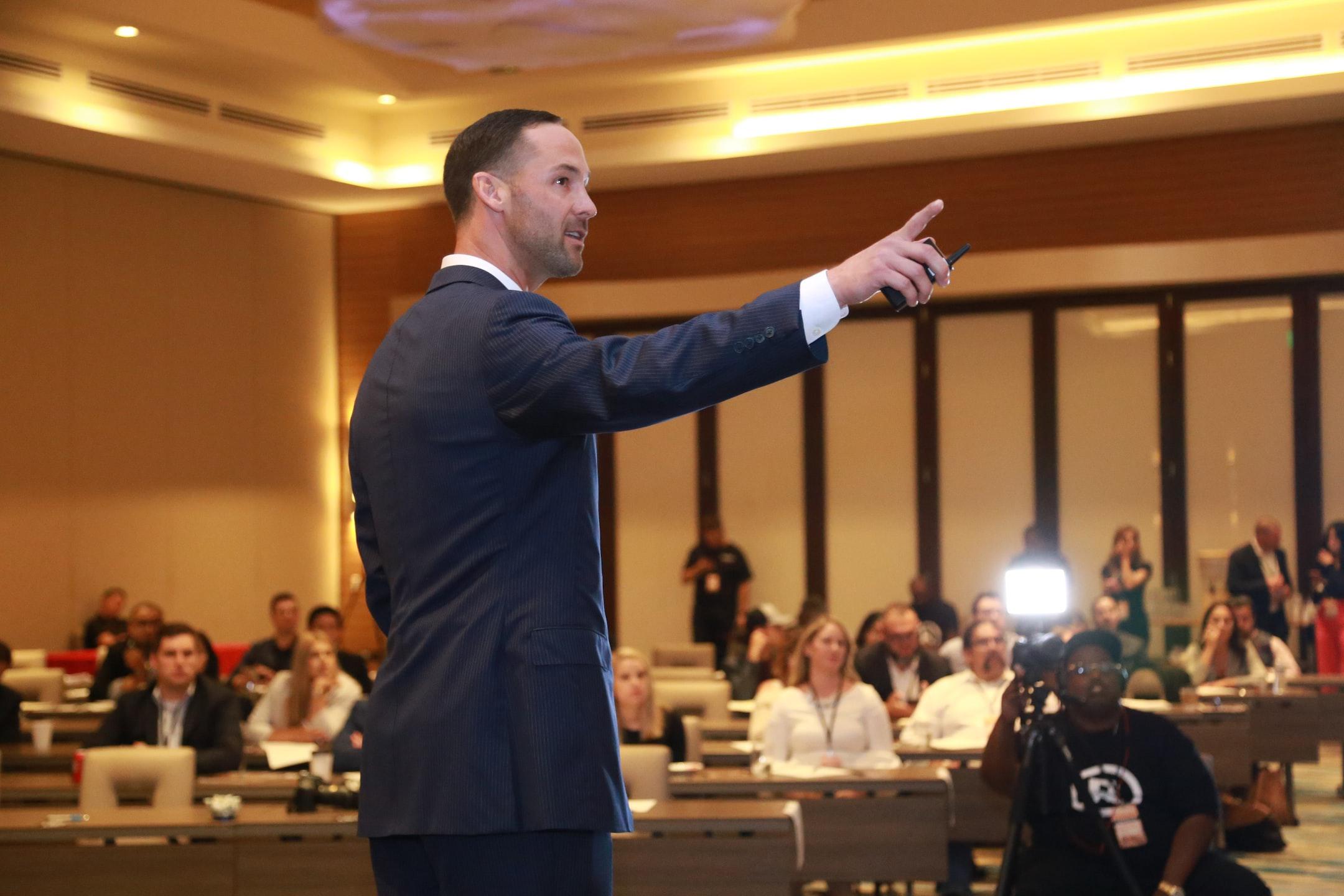
Navigating the Alabama Bureau of Pardons and Paroles is a daunting endeavor. Parole is a crucial aspect of the criminal justice system that provides individuals the opportunity to reintegrate into society while being monitored and held accountable for their actions. It’s essential that every individual entitled to parole receives due support and consideration in their case. But where do you start? And how do you know what the Alabama Bureau of Pardons and Paroles considers when reviewing your case? That’s precisely where we come in.
As a team of experienced trial lawyers in Alabama, Maxwell Tillman understands the importance of interpreting the parole process and its implications for inmates and their families. Below, we discuss what Alabama courts consider when granting parole, the factors they take into account, and how the process can impact those involved.
The Alabama Board of Pardons and Paroles plays a pivotal role in determining whether an individual is granted parole. Comprising three members appointed by the governor, the board is responsible for conducting parole hearings and determining if an offender meets the criteria for parole eligibility. This ultimately decides whether they will be granted the opportunity for early release and supervision within the community.
During parole hearings, the board takes into account several factors to ensure a fair and informed decision. Some of these factors include the inmate's crime and its severity, their criminal history, their conduct while in custody, and their ability to reintegrate into society, among others. The board also considers input from the victim (or their family), the inmate's family or support system, and law enforcement to make a well-rounded decision on whether parole is appropriate.
A critical factor in parole decisions is the inmate's risk to public safety. The board employs a process known as risk assessment to determine the likelihood of an offender posing a threat to the community upon release. This assessment takes various factors into account, such as the inmate's age, criminal history, and history of substance abuse. In addition to risk assessment, the board considers an offender's treatment needs, such as mental health counseling or drug rehabilitation. These factors play a significant role in the board's decision on whether parole is warranted.
The Alabama parole process provides victims of crime the opportunity to have their voices heard during parole hearings, either by submitting written statements, attending the hearings in person, or being represented by another individual. This input is taken into consideration when the board looks at the overall picture of the crime committed and its impact on the victim or their family. By incorporating the perspective of the victim, the parole process places significant importance on the impact of the crime as a factor in deciding whether parole should be granted.
The decision to grant or deny parole has substantial implications both for the inmate and society as a whole. A successful parole reflects a rehabilitated individual who is prepared to reintegrate into society while remaining accountable for their actions. On the other hand, a denied parole application can signify that the board believes the inmate still poses a risk to the public and needs further rehabilitation or punishment. The board's ultimate goal is to balance public safety concerns with the inmate's potential for successful reintegration and rehabilitation.
As a team of trial lawyers in Alabama, Maxwell Tillman understands that the parole process is complex and high-stakes for those involved. Alabama courts and the Bureau of Pardons and Paroles take several factors into consideration when determining parole eligibility, balancing the risk to public safety with the potential for rehabilitation and reintegration. By understanding these factors, individuals and their families can better prepare for parole hearings, advocating for their release and eventual reintegration into society.
The ultimate key to successfully navigating any legal endeavors (be it parole, trials, or otherwise) is to work with a dedicated, experienced, and fierce lawyer willing to fight on your behalf. At Maxwell Tillman, we are not only prepared but eager to fight for the rights of our clients in and out of court. Reach out today to begin working with a dedicated team of trial attorneys in Alabama ready to fight for you!